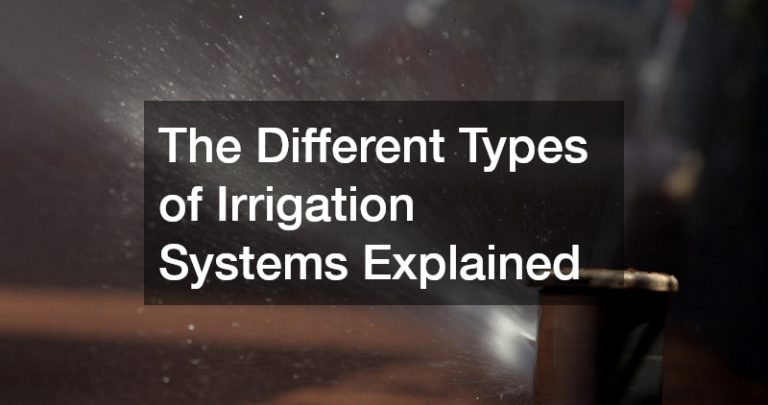Heating and cooling services are integral to maintaining comfort in our homes, yet many homeowners are unfamiliar with their operational intricacies. Understanding these systems before calling a technician is vital for making informed decisions that can save both time and money. Knowing what to expect in terms of costs and potential issues can also enhance the safety and efficiency of your home.
How Do Heating and Cooling Systems Work?
Basic Components of HVAC Systems
At the heart of any HVAC system are its key components, including the furnace, air conditioner, heat pump, ducts, and thermostat. The furnace generates heat, typically by burning fuel or using electrical resistance, and circulates warm air through the ducts. Conversely, the air conditioner removes heat and humidity from indoor air to provide cooling, working alongside the heat pump in certain systems.
The heat pump plays a versatile role in HVAC systems, functioning to both heat and cool your home, depending on the season. Ductwork serves as the delivery system, distributing conditioned air throughout the dwelling. Finally, the thermostat acts as the control center, sending signals to the HVAC system to maintain the desired indoor temperature.
Understanding these components helps homeowners diagnose minor issues before they escalate, saving on repair costs. For instance, knowing that a clogged air filter can cause efficiency problems may prompt regular checks. Overall, a solid grasp of these basics paves the way for effective communication with service professionals, ensuring better service outcomes.
Types of Heating and Cooling Systems
Various types of heating and cooling systems offer different benefits, and understanding them can guide homeowners in making the right choice for their needs. Central HVAC systems, for example, provide whole-home comfort but require ductwork and proper sizing for efficiency. In contrast, ductless mini-splits offer flexibility and energy efficiency, making them ideal for older homes or room additions.
Window units offer a more affordable alternative, though they are typically less efficient than central or ductless systems. These systems are perfect for cooling individual rooms or apartments. Choosing the best system involves considering factors such as climate, energy efficiency, and installation costs.
By understanding the pros and cons of each system type, homeowners can make informed decisions aligned with their budget and comfort needs. This knowledge aids in identifying the right system maintenance practices and knowing when to seek expert help. Awareness of the diverse options can lead to more tailored solutions, enhancing comfort and reducing energy expenses.
When Should You Call a Technician?

Identifying Common HVAC Issues
Homeowners often experience issues with their HVAC systems but may be unsure when to call a professional. Common problems include unusual noises, reduced efficiency, and uneven temperature distribution throughout the home. Recognizing these signs early can prevent minor issues from becoming major, costly repairs.
Unusual noises like banging or hissing often indicate mechanical problems or pressure imbalances. Low efficiency may manifest as increased energy bills or the system struggling to reach the set temperature. Uneven heating or cooling can suggest issues with ductwork, poor insulation, or incorrect system sizing.
Knowing these warning signs empowers homeowners to seek timely professional intervention, preventing system failure and ensuring safety. It also underscores the importance of being vigilant about one’s HVAC systems and family comfort. Prompt recognition and response to these issues can save significant expenses in the long term.
Importance of Regular Maintenance
Routine maintenance is crucial for HVAC systems to perform efficiently and reliably. Regular check-ups by qualified technicians can detect and address problems before they escalate. Maintenance tasks such as cleaning filters, checking ducts, and ensuring thermostat function can enhance system performance and reduce energy costs.
By maintaining the system, homeowners can prolong the life span of their HVAC units, avoiding premature replacements. Professionals recommend at least bi-annual servicing to ensure systems work at peak efficiency year-round. Consistent upkeep provides peace of mind and maintains indoor comfort levels.
Ultimately, investing in regular maintenance is cost-effective, preventing expensive repairs and keeping systems running smoothly. This proactive approach not only ensures a comfortable home environment but also maximizes HVAC system efficiency. Understanding the importance of regular upkeep helps homeowners maintain system health and lower operational costs over time.
In summary, understanding heating and cooling systems before reaching out to a technician equips homeowners with essential knowledge that can save time and money. From recognizing common issues to appreciating different system types and the value of routine maintenance, this knowledge empowers more effective decision-making. By staying informed, homeowners enhance comfort, ensure safety, and achieve greater reliability from their HVAC systems.





